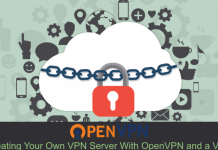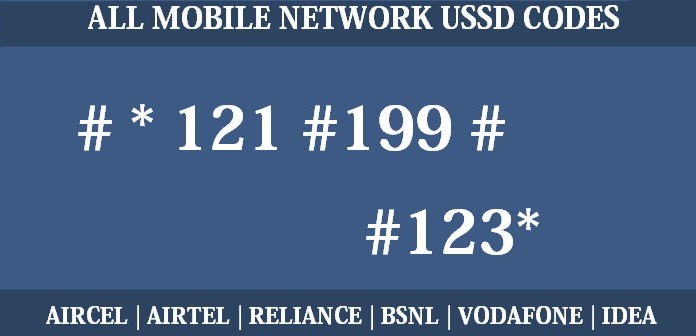Did you know that your Internet Service Provider (ISP) may be collecting and storing your web browsing data without your permission or even knowledge? Your ISP can track your online activity and then either sell it or share it with a third-party (mostly advertisers), but they can also use the data they collect for any sort of user analysis and profiling.
With more and more news of big companies getting hacked and personal user data falling into the wrong hands, everyone is understandably concerned about their online privacy. But, can your ISP really spy on your online activity and keep a track of your browsing history? And what information can they see?
Well, the amount of data your ISP can access depends on the security of the connection:
- If the website is secure (the URL starts with https://): In this case your ISP will be able to see the address of the website you are visiting, e.g. www.google.com, but they will not be able to see what data you receive or send via that website as the content will be encrypted.
- If the website is not secure (the URL starts with http://): In this case your ISP will be able to see everything you send and receive on the website.
So, how can you completely prevent your ISP from knowing anything about your browsing activity and block them from collecting data regardless of whether the website you are accessing uses a secure connection (HTTPS) or not (HTTP)?
One of the most popular solutions to protect your online privacy is to use a secure Virtual Private Network (VPN). You can think of a VPN as kind of a mask that you put on so you can browse the Internet anonymously.
A VPN acts as a proxy connection to the Internet, or a secure tunnel to the World Wide Web through which all your Internet connections (including sent and received data) pass.
What Are The Benefits of a VPN?
- Most VPNs come with encryption so that nobody “listening” on your Internet connection – such as your ISP or a hacker if you are using a public Wi-Fi – will be able to access your data. All they will see is some encrypted gibberish.
- It masks your IP address and instead shows the IP address of the VPN server. So whenever you visit a website, it’s not your personal IP address that will show in their logs as the one making the request, but rather your VPN’s IP.
- Since you can mask your IP, you can also mask your location. So, if you are outside the US and you connect to the Internet via a VPN server located in the US, your connection will appear to be originating from the US. This can be helpful for accessing websites that only accept US traffic, such as streaming services. Most VPN providers offer servers in several different countries.
- You can access blocked websites whether they were blocked by your ISP or government. VPNs are also used to bypass government filters in some countries.
- VPNs normally do not keep logs nor collect any browsing data so you can enjoy complete privacy when using the Internet. But beware of the very cheap and free VPN services out there as these are more likely to abuse their users’ privacy.
Bottom Line
You can effectively and securely use a VPN service to block your ISP from seeing or collecting your web browsing data. For this purpose you need to choose a VPN with an encryption feature (most paid VPNs offer this).









